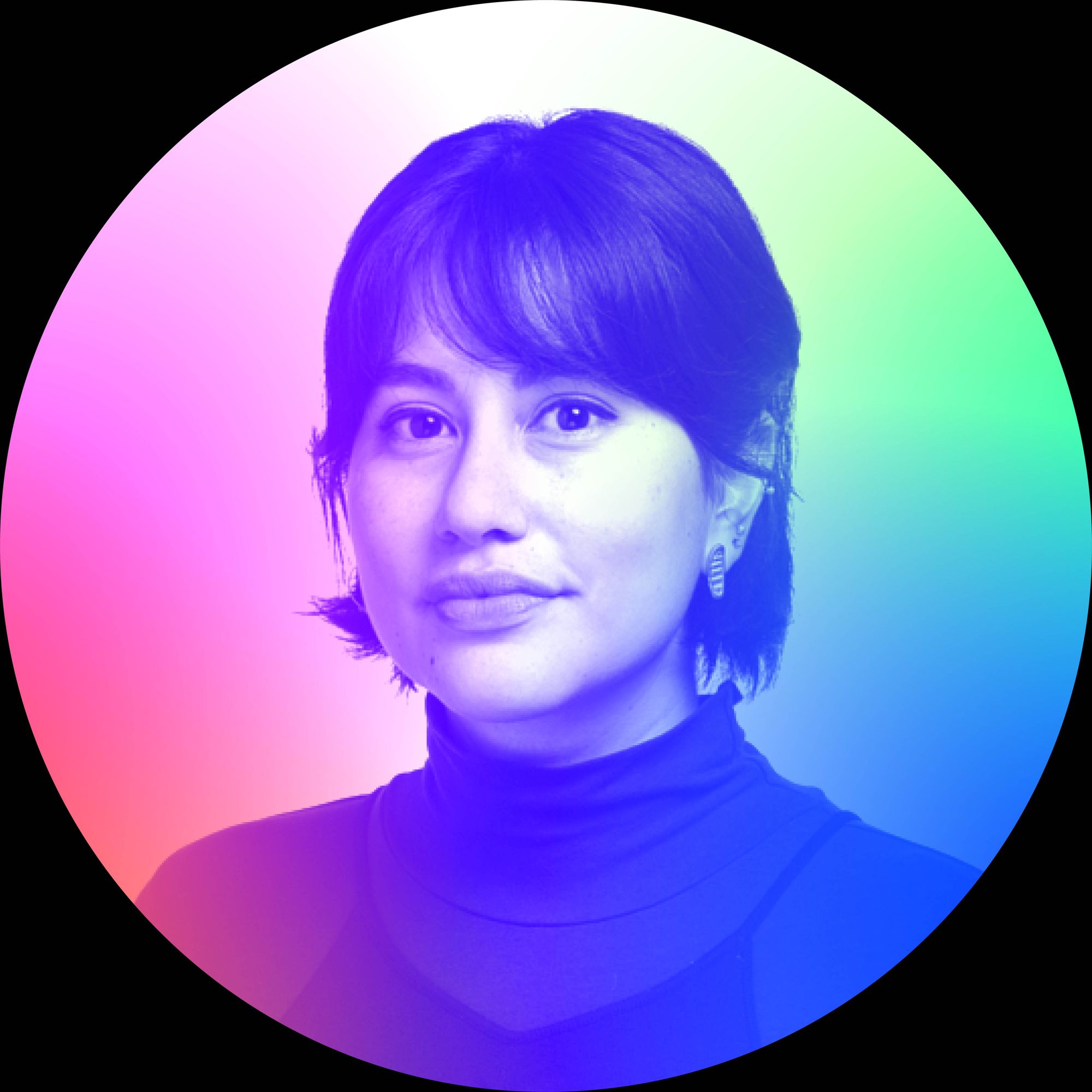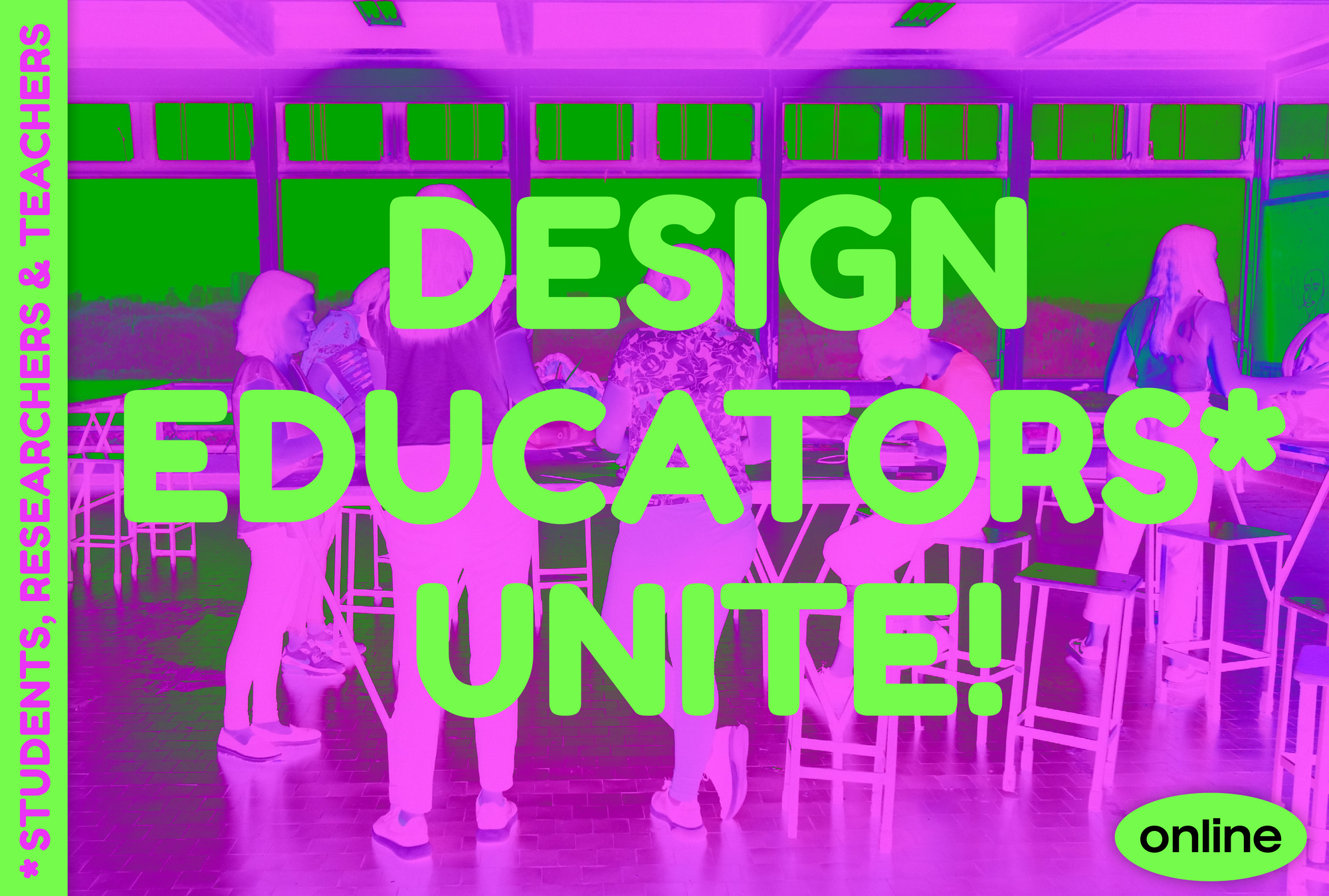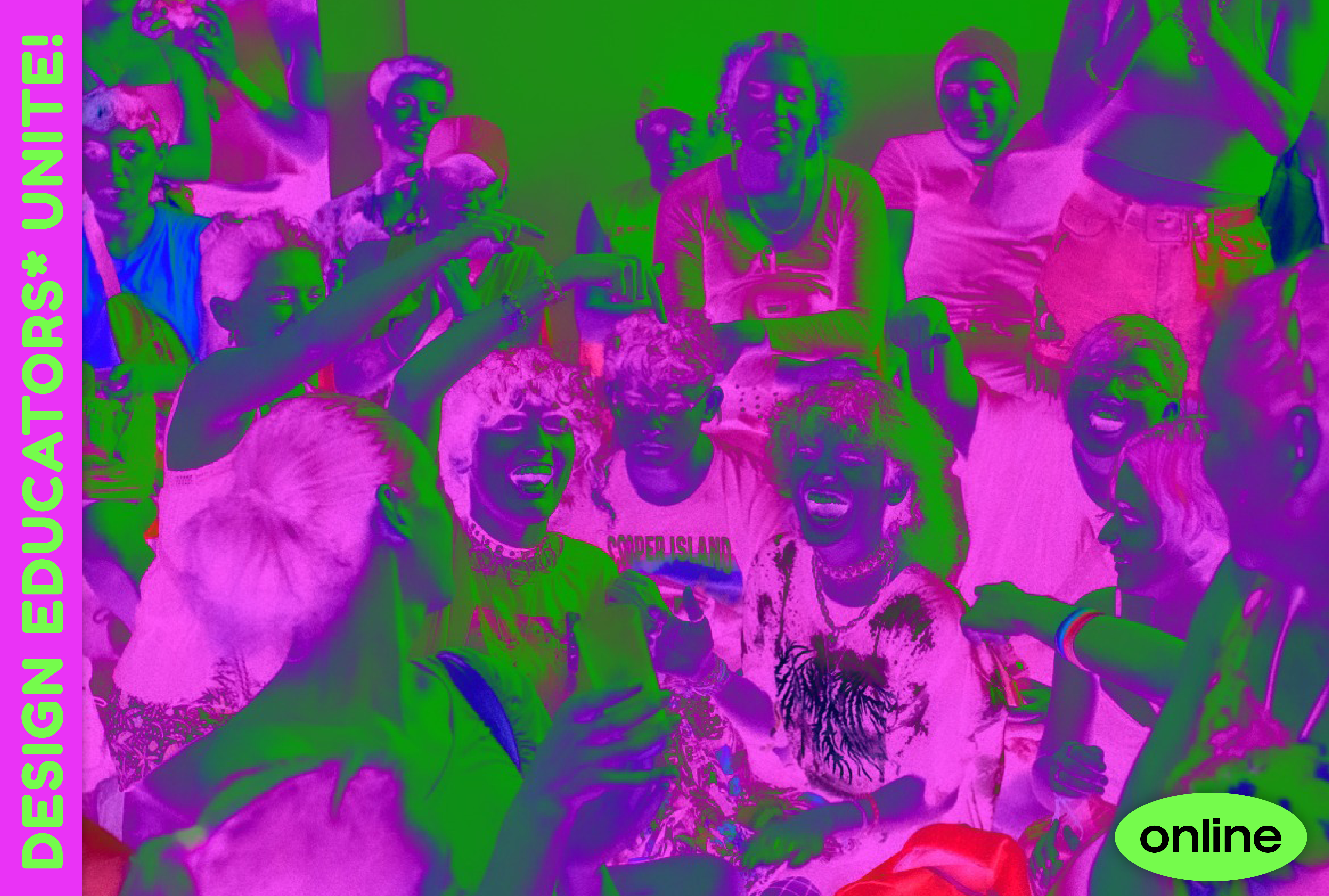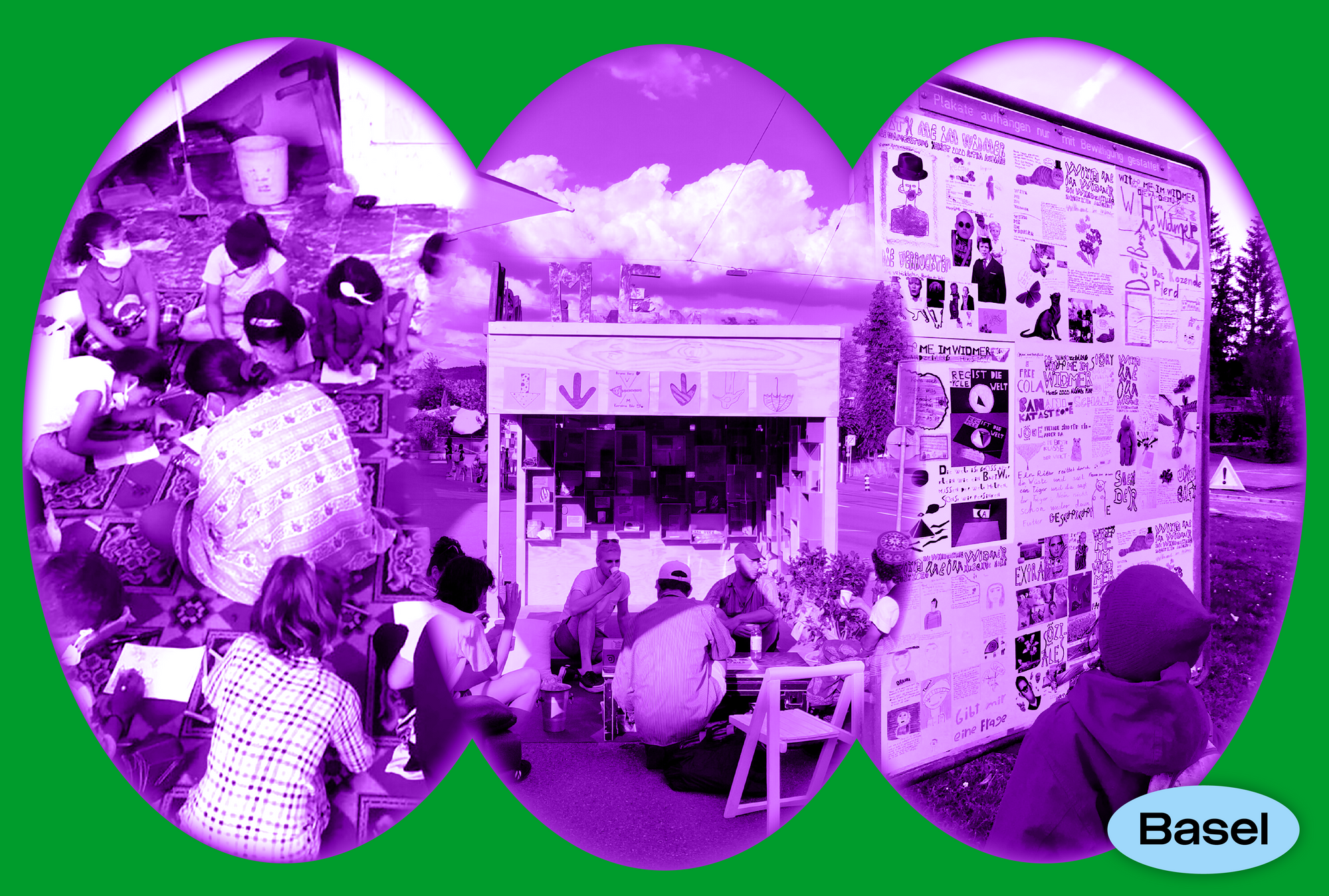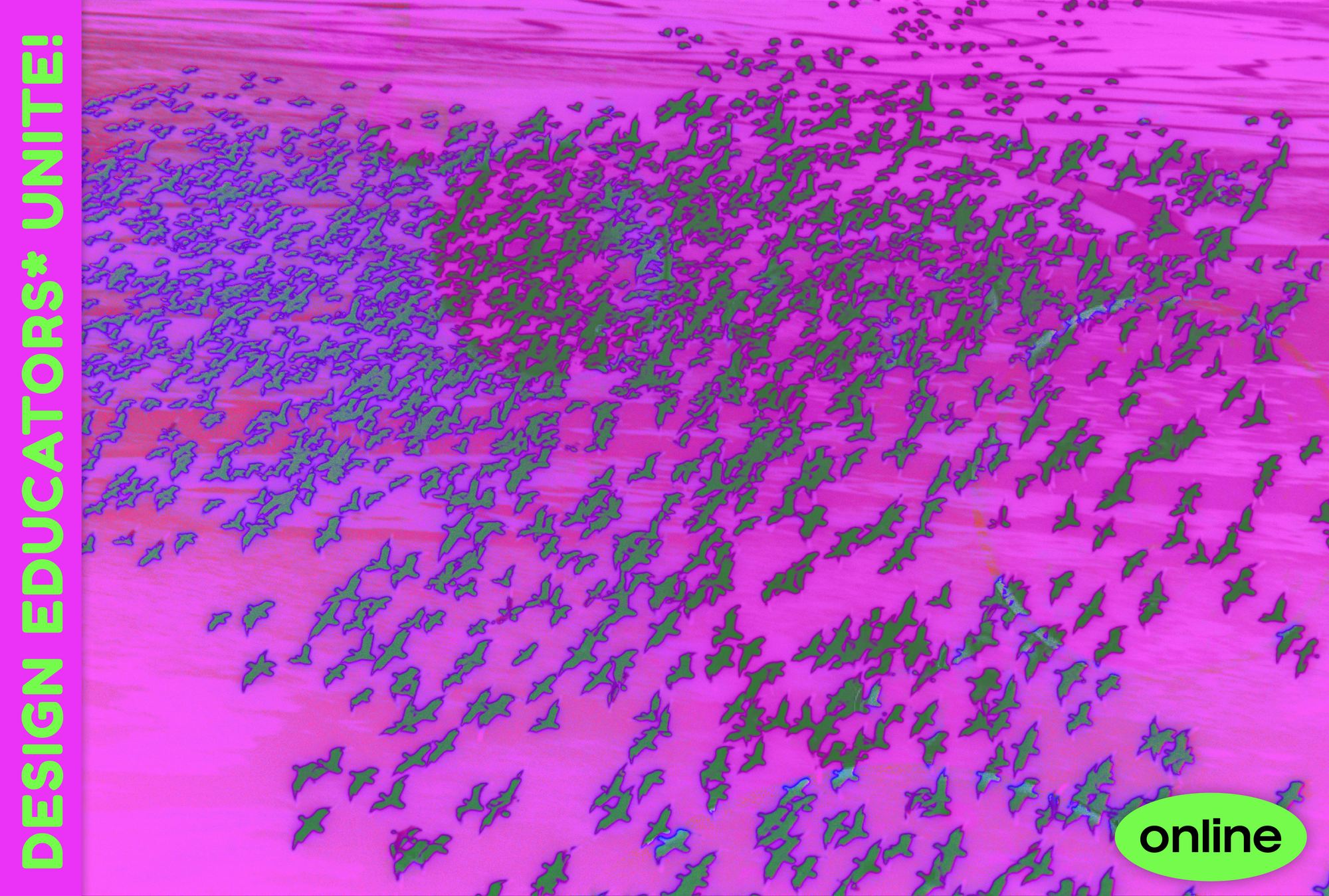A conversation between artists and designers: Gabriela Aquije Zegarra, Mirna Bamieh, and Mayar El Bakry discussing ecologies of food and design.
In Correspondence is a moderated conversation between practitioners exploring feminist, decolonial, and anti-racist approaches to design education and practice. It aims to create dialogue through difference, with each conversation pairing positions from across cultural, geographical, and linguistic contexts.
On Nov 10, 2022, we will host the conversation around Ecologies of Food and Design with Gabriela Aquije, Mirna Bamieh, and Mayar El Bakry, who use cooking and storytelling to discuss the politics of food, explore decolonizing mediation practices or narrate stories of diasporic communities.
Food design emerged in the Global North in the 90s as a subdiscipline of industrial design, generating new food products. However, it hasn’t tackled how processes of colonization, extractivist, and erasure of indigenous knowledge and ecosystems underpin the politics of food. Against the backdrop, multiple artists and designers from the Global South have used cooking to resist, transform and rebuild communities by preserving and expanding ancestral knowledge and creating spaces of care.
Gabriela, Mayar, and Mirna will share glimpses from their practices to discuss how cooking can become a medium in decolonizing and community-building processes, bringing stories of food cultures, forgotten recipes, lost crops, and more.

Gabriela Aquije Zegarra (she/her) is a Peruvian architect and P.h.D candidate in art and design research, based in Basel. By combining her background in landscape design and public art, she creates collective experiences and objects to explore the multiscalar food systems.

Mirna Bamieh (she/her) is an artist from Jerusalem/ Palestine. Her works attempt to understand the politics of disappearance in their relation to the ever-shifting politics, while equally questioning notions of land, and geographies of in-between temporality. Using the mediums of storytelling and food, she creates socially engaged projects as a way for people to experience themselves and their surroundings.

Mayar El Bakry (she/her/non) is an independent designer and researcher. Working in the peripheries/borderlands of design, she merges diverse approaches and disciplines in her practice. Currently, she’s focusing on food and cooking as a means to create spaces of discourse, exchange, collaboration, and dialogue in, between, and outside of (design) institutions. Her approaches are deeply rooted in decolonial and intersectional feminist studies and practices.
DONATEDo you like our events? To sustain Futuress in the long run, we need 600 people to support the platform with 10 CHF/month. Every little bit helps, so please consider donating today!

A conversation between artists and designers: Gabriela Aquije Zegarra, Mirna Bamieh, and Mayar El Bakry discussing ecologies of food and design.
In Correspondence is a moderated conversation between practitioners exploring feminist, decolonial, and anti-racist approaches to design education and practice. It aims to create dialogue through difference, with each conversation pairing positions from across cultural, geographical, and linguistic contexts.
On Nov 10, 2022, we will host the conversation around Ecologies of Food and Design with Gabriela Aquije, Mirna Bamieh, and Mayar El Bakry, who use cooking and storytelling to discuss the politics of food, explore decolonizing mediation practices or narrate stories of diasporic communities.
Food design emerged in the Global North in the 90s as a subdiscipline of industrial design, generating new food products. However, it hasn’t tackled how processes of colonization, extractivist, and erasure of indigenous knowledge and ecosystems underpin the politics of food. Against the backdrop, multiple artists and designers from the Global South have used cooking to resist, transform and rebuild communities by preserving and expanding ancestral knowledge and creating spaces of care.
Gabriela, Mayar, and Mirna will share glimpses from their practices to discuss how cooking can become a medium in decolonizing and community-building processes, bringing stories of food cultures, forgotten recipes, lost crops, and more.

Gabriela Aquije Zegarra (she/her) is a Peruvian architect and P.h.D candidate in art and design research, based in Basel. By combining her background in landscape design and public art, she creates collective experiences and objects to explore the multiscalar food systems.

Mirna Bamieh (she/her) is an artist from Jerusalem/ Palestine. Her works attempt to understand the politics of disappearance in their relation to the ever-shifting politics, while equally questioning notions of land, and geographies of in-between temporality. Using the mediums of storytelling and food, she creates socially engaged projects as a way for people to experience themselves and their surroundings.

Mayar El Bakry (she/her/non) is an independent designer and researcher. Working in the peripheries/borderlands of design, she merges diverse approaches and disciplines in her practice. Currently, she’s focusing on food and cooking as a means to create spaces of discourse, exchange, collaboration, and dialogue in, between, and outside of (design) institutions. Her approaches are deeply rooted in decolonial and intersectional feminist studies and practices.
DONATEDo you like our events? To sustain Futuress in the long run, we need 600 people to support the platform with 10 CHF/month. Every little bit helps, so please consider donating today!



